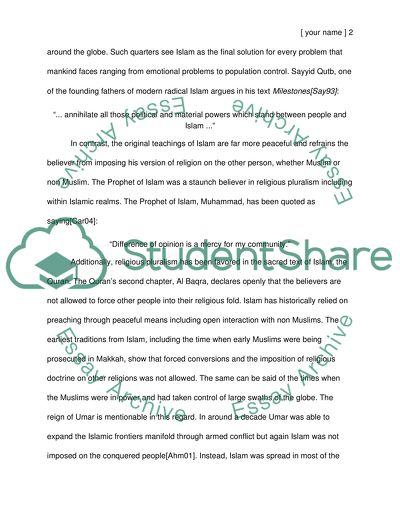Cite this document
(“The major differences between the exoteric and esoteric path of Islam Essay”, n.d.)
The major differences between the exoteric and esoteric path of Islam Essay. Retrieved from https://studentshare.org/religion-and-theology/1477368-the-major-differences-between-the-exoteric-and
The major differences between the exoteric and esoteric path of Islam Essay. Retrieved from https://studentshare.org/religion-and-theology/1477368-the-major-differences-between-the-exoteric-and
(The Major Differences Between the Exoteric and Esoteric Path of Islam Essay)
The Major Differences Between the Exoteric and Esoteric Path of Islam Essay. https://studentshare.org/religion-and-theology/1477368-the-major-differences-between-the-exoteric-and.
The Major Differences Between the Exoteric and Esoteric Path of Islam Essay. https://studentshare.org/religion-and-theology/1477368-the-major-differences-between-the-exoteric-and.
“The Major Differences Between the Exoteric and Esoteric Path of Islam Essay”, n.d. https://studentshare.org/religion-and-theology/1477368-the-major-differences-between-the-exoteric-and.


